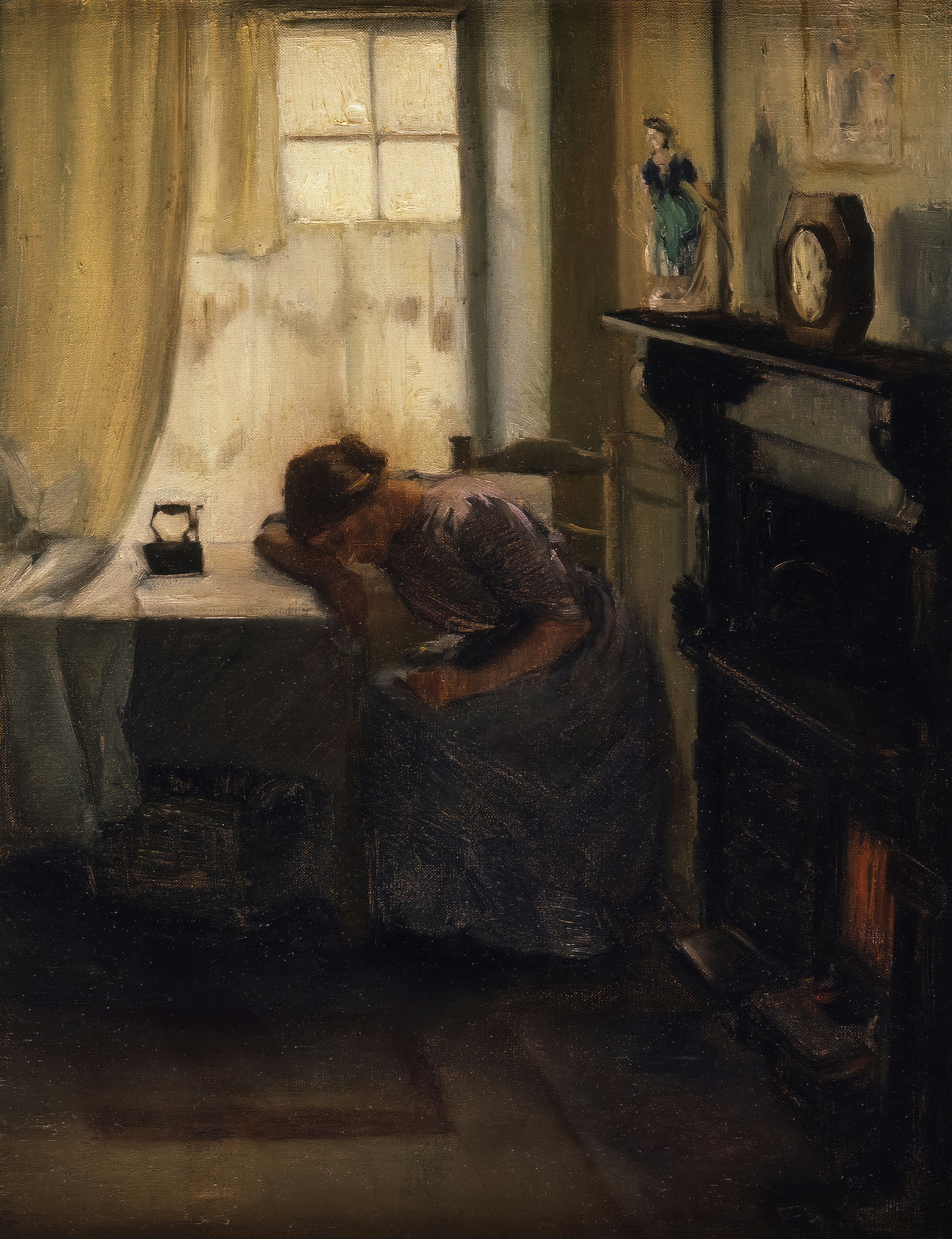OCD Overthinking: 9 Signs You’re Stuck in a Loop (And How to Break Free)

Ever find yourself going over the same thought again and again—trying to find clarity, trying to feel “just right,” trying to make sure you didn’t miss something? That’s not just overthinking. If you live with OCD, it can become a mental trap.
OCD overthinking—also called mental compulsions or rumination—is one of the most overlooked symptoms of OCD. It’s silent, exhausting, and often misunderstood. Below are 9 ways OCD overthinking shows up—and how to start breaking free.
1. You Keep Replaying Conversations in Your Head
After a social interaction, you mentally rewind every word: “Did I offend them? Did I say something weird? Were they acting distant?” You look for signs of disapproval or hidden meaning, trying to figure out what went wrong—even if nothing did.
2. You Obsess Over Decisions—Even Small Ones
Choosing what to wear, what to eat, or which email to send feels overwhelming. You overthink every outcome and mentally weigh every risk, afraid of making the “wrong” choice—even if the stakes are low.
3. You Analyze Your Thoughts to Death
You don’t just have thoughts—you investigate them. You ask: “Why did I think that? What does it mean? Does it prove something about me?” Instead of letting the thought pass, you wrestle with it endlessly, trying to find certainty.
4. You Mentally Reassure Yourself
You don’t always ask others for reassurance—you do it in your head. You try to remind yourself that you’re not a bad person, not dangerous, not sick. But the more you reassure yourself, the less certain you feel, and the more you ruminate.
5. You Try to “Figure Out” If a Thought Is True
OCD wants you to get to the bottom of it. Was it blasphemous? Was it immoral? Was it inappropriate? So you overthink and dissect the thought for hours, hoping to land on a final answer that brings peace. But that moment never comes.
6. You Can’t Let Go of “What If” Scenarios
What if I offended them? What if I cheated and didn’t realize it? What if I have the wrong career? OCD overthinking thrives on hypothetical questions that can’t be answered. The brain gets stuck trying to solve something that has no solution.
7. You Feel Like Thinking More Will Finally Make It Go Away
You believe that if you think just a little more, dig a little deeper, you’ll finally find relief. But overthinking is not the path to clarity—it’s the loop that feeds the obsession.
8. You Avoid Things Because You’re Tired of Overthinking
Sometimes, the fear of spiraling into thought loops makes you avoid people, responsibilities, or decisions altogether. Avoidance might seem like a relief, but it reinforces the belief that you can’t handle uncertainty.
9. You Feel Mentally Exhausted All the Time
Even when you’re physically still, your brain feels like it’s been running marathons. OCD overthinking drains your mental energy and hijacks your focus, leaving you burned out, irritable, and disconnected from the present.
Final Thoughts
OCD overthinking isn’t just excessive worrying—it’s a compulsive response to intrusive doubt. And the key to healing isn’t in thinking more—it’s in learning to think less on purpose.
Through ERP (Exposure and Response Prevention), mindfulness, and learning to tolerate uncertainty, you can train your brain to stop taking the bait. You don’t have to believe every thought—or follow every mental loop.
Freedom starts when you stop needing the perfect answer—and start choosing peace instead.